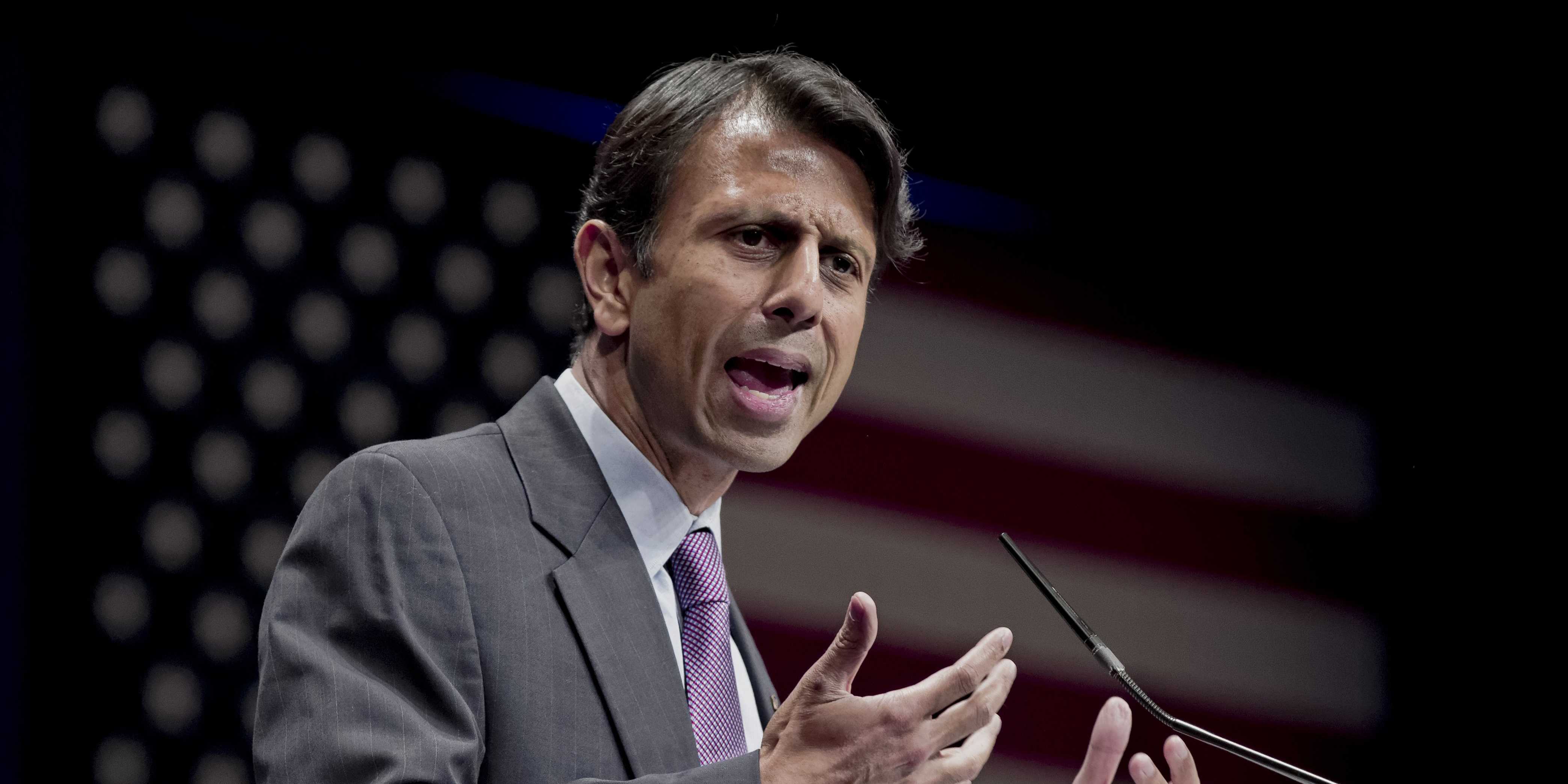313
BATON ROUGE — While state lawmakers focused on finances, Gov. Bobby Jindal used his final opening day speech for a Louisiana legislative session Monday to reprise ideas he's been pushing nationally as he readies a likely presidential campaign.
T
Jindal asks for no new taxes as legislative session opens
previous post



